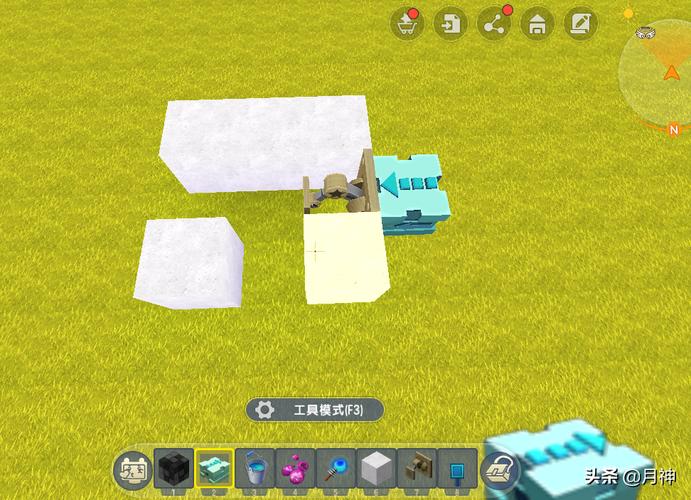
在英语中,脚的单数形式是foot,复数形式是feet。
例如:
• 一只脚:one foot
• 两只脚:two feet
• 多只脚:many feet
所以,当你要表示一只脚或量词为单数时,要使用foot。当表达两只或多只脚,或量词为复数时,要使用feet。
例句:
• 我的左脚受伤了。My left foot is injured.
• 这双鞋太小,我的脚装不进去。These shoes are too small, my feet won't fit in.
• 旅行的前几天,我们走了很多步,脚都疼了。After walking a lot for the first few days of the trip, our feet were sore.
口语中,有时也可以用foot替代feet,如“I've been on my foot all day.”,意为“我整天都在走动。”但在正式写作中,为避免歧义,仍应该根据单复数规则分别使用foot和feet。
另外,脚也可以用来比喻人走路或站立的能力,如:
• 我整天在工地上跑来跑去,脚都要断了。I've been running around the construction site all day, my feet are going to fall off.
• 你的伤要养好了吗?能站得起来走动吗?Is your injury better now? Are you back on your feet?













